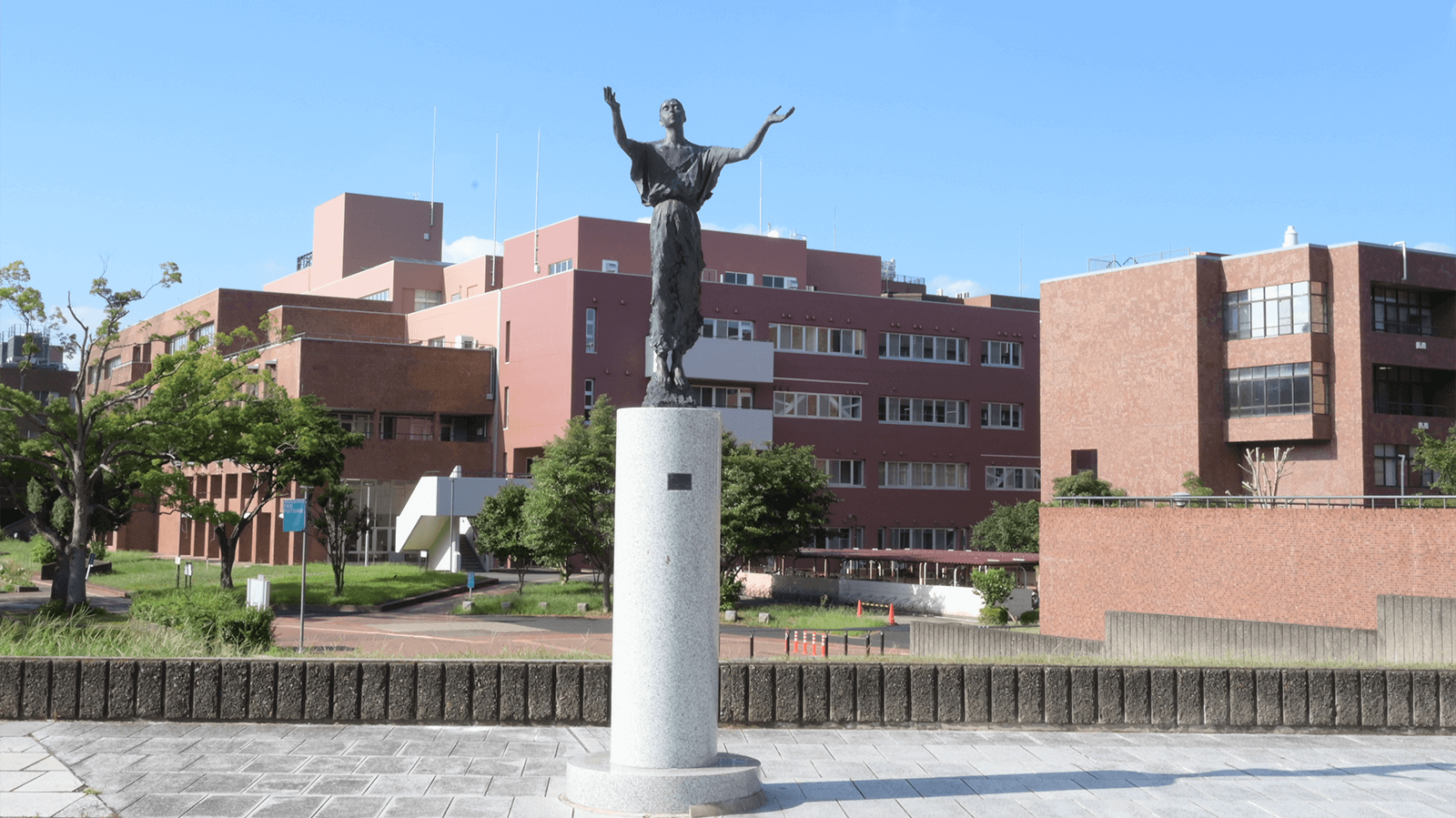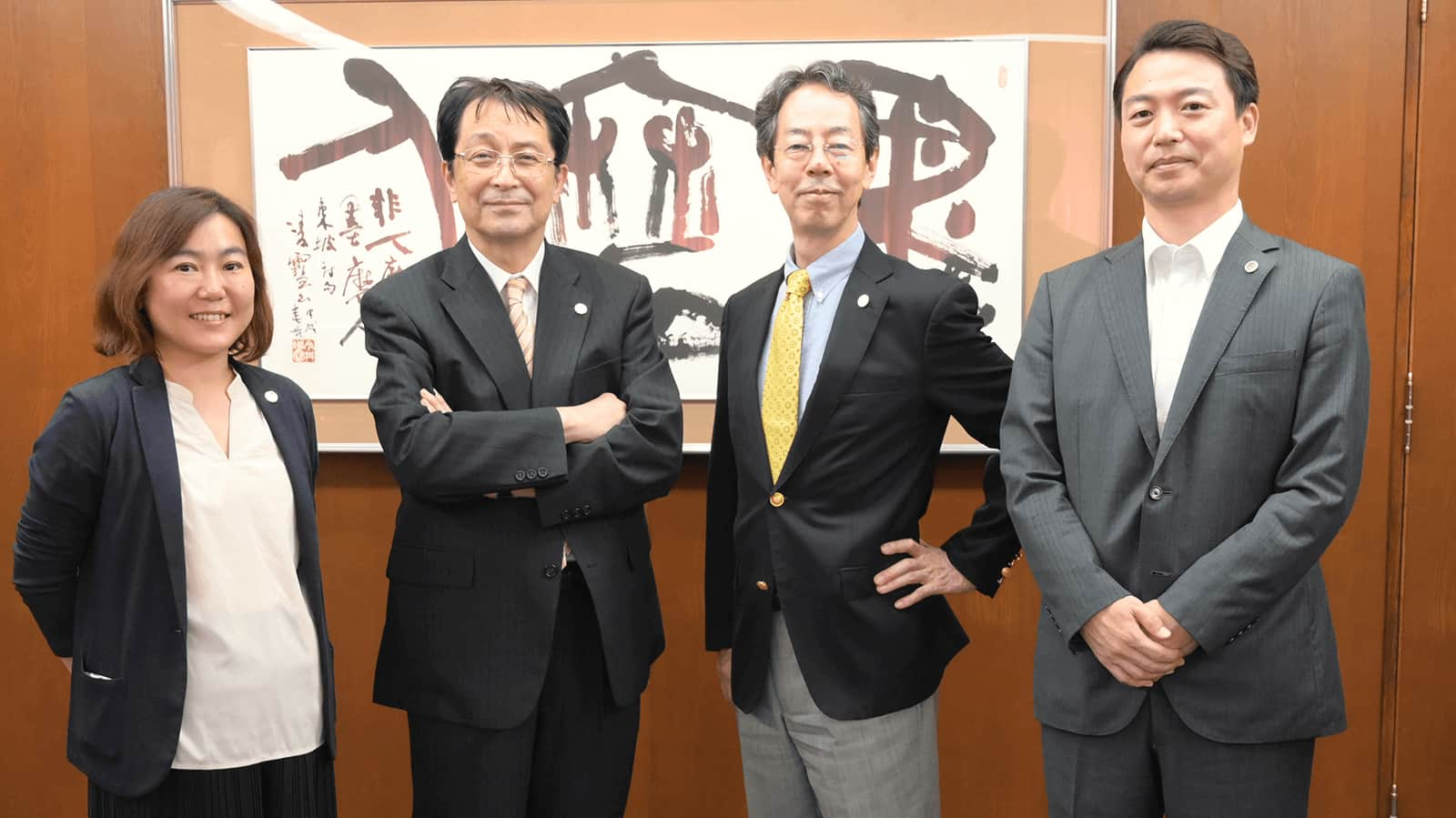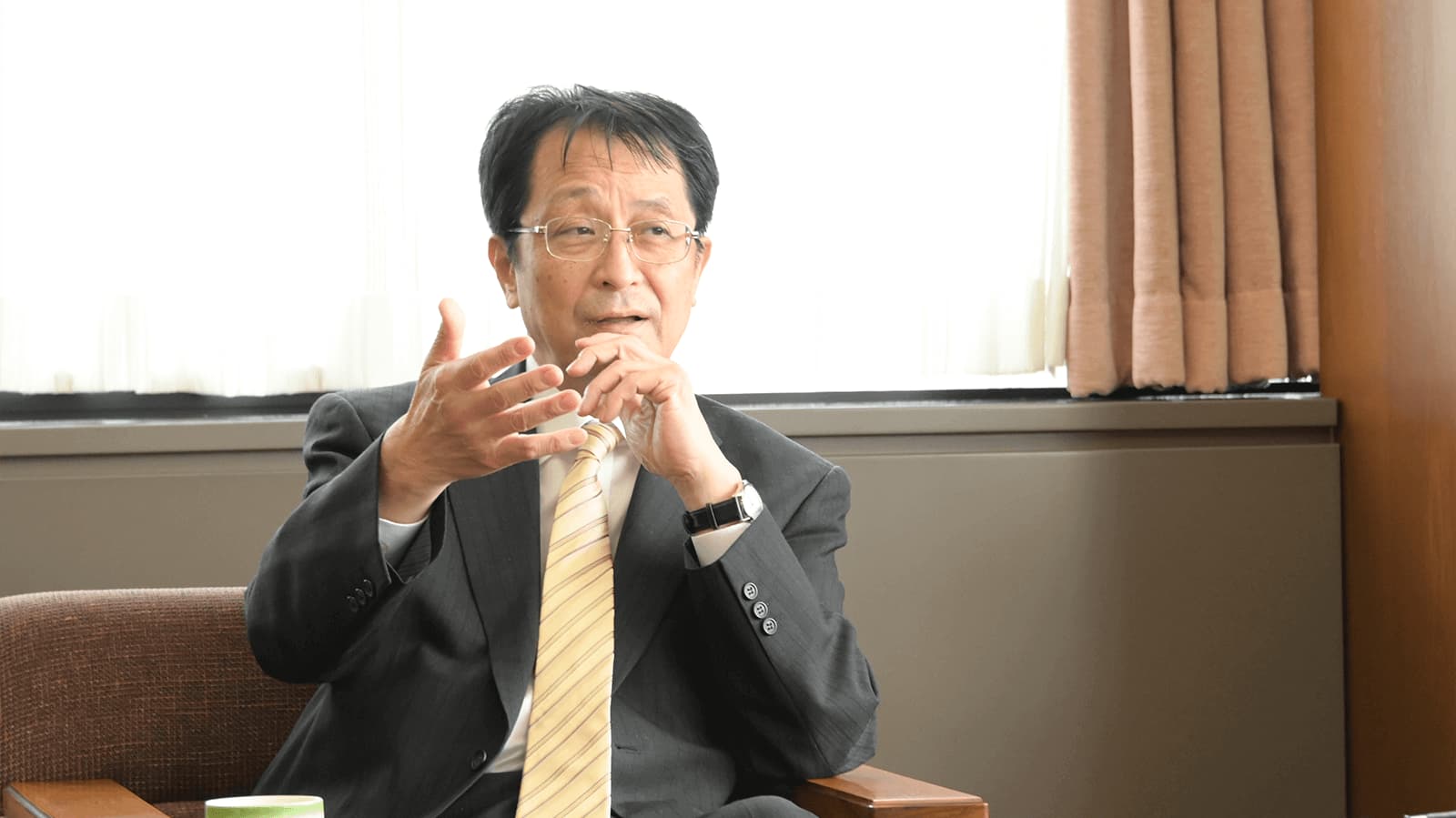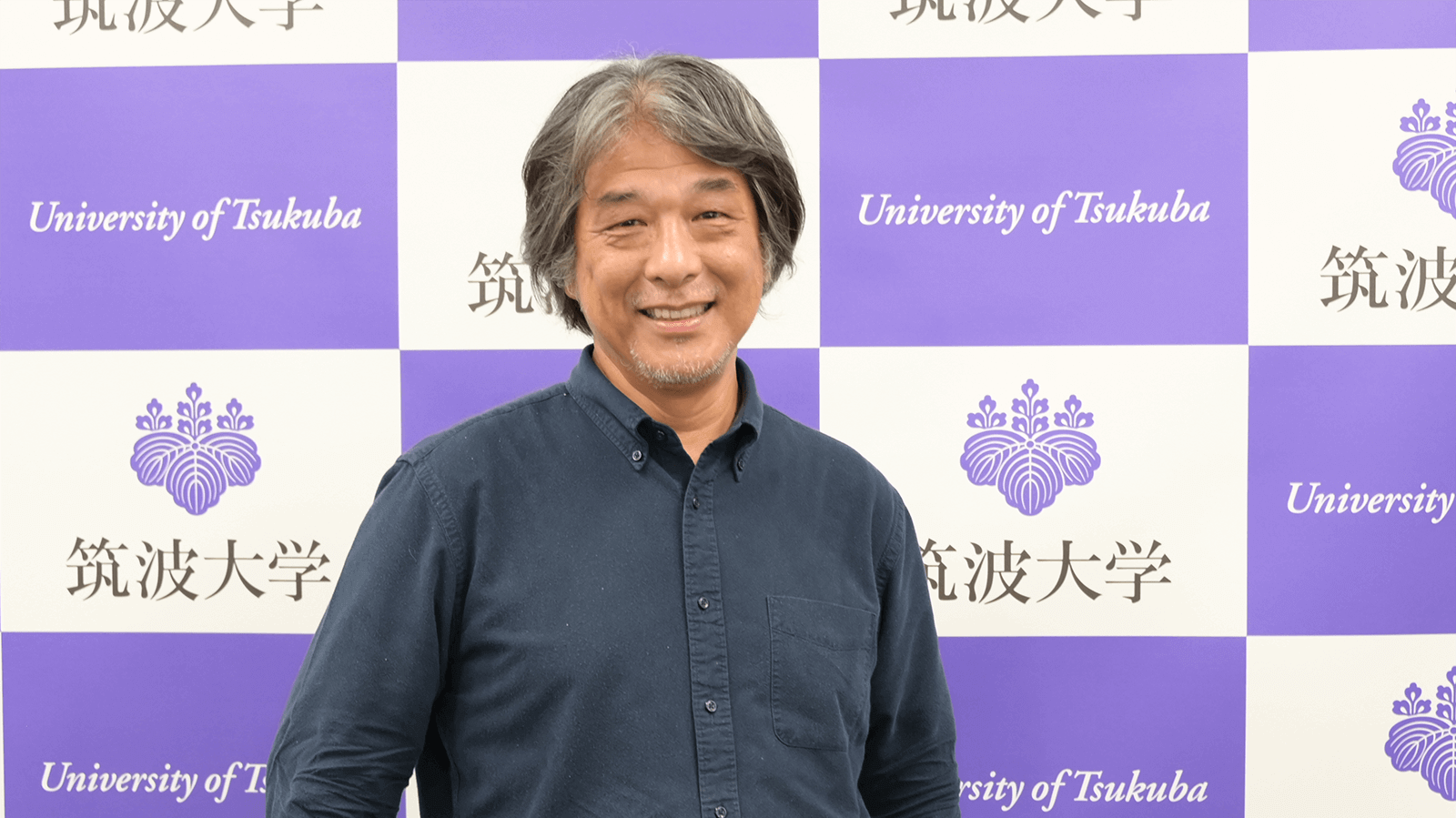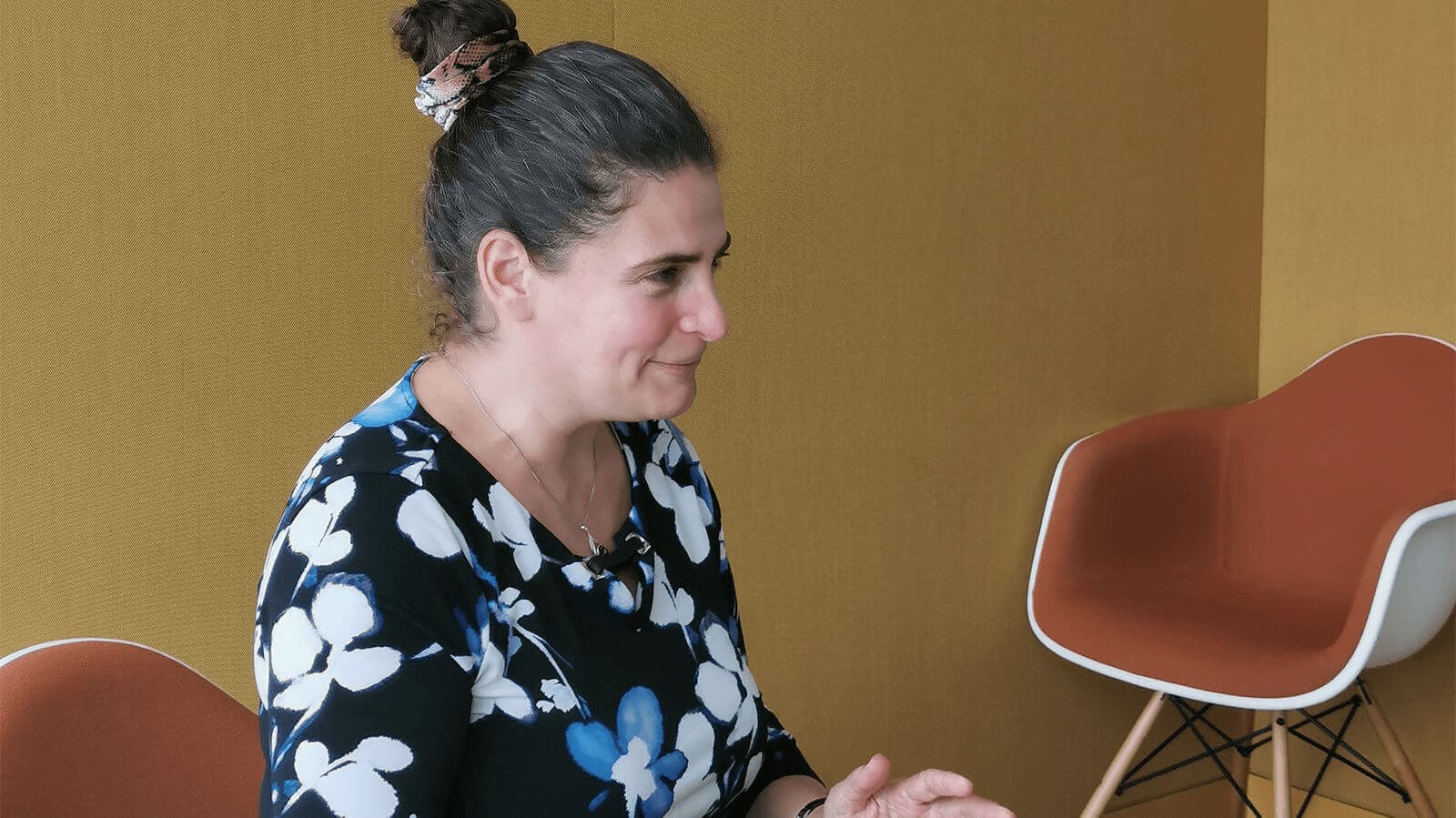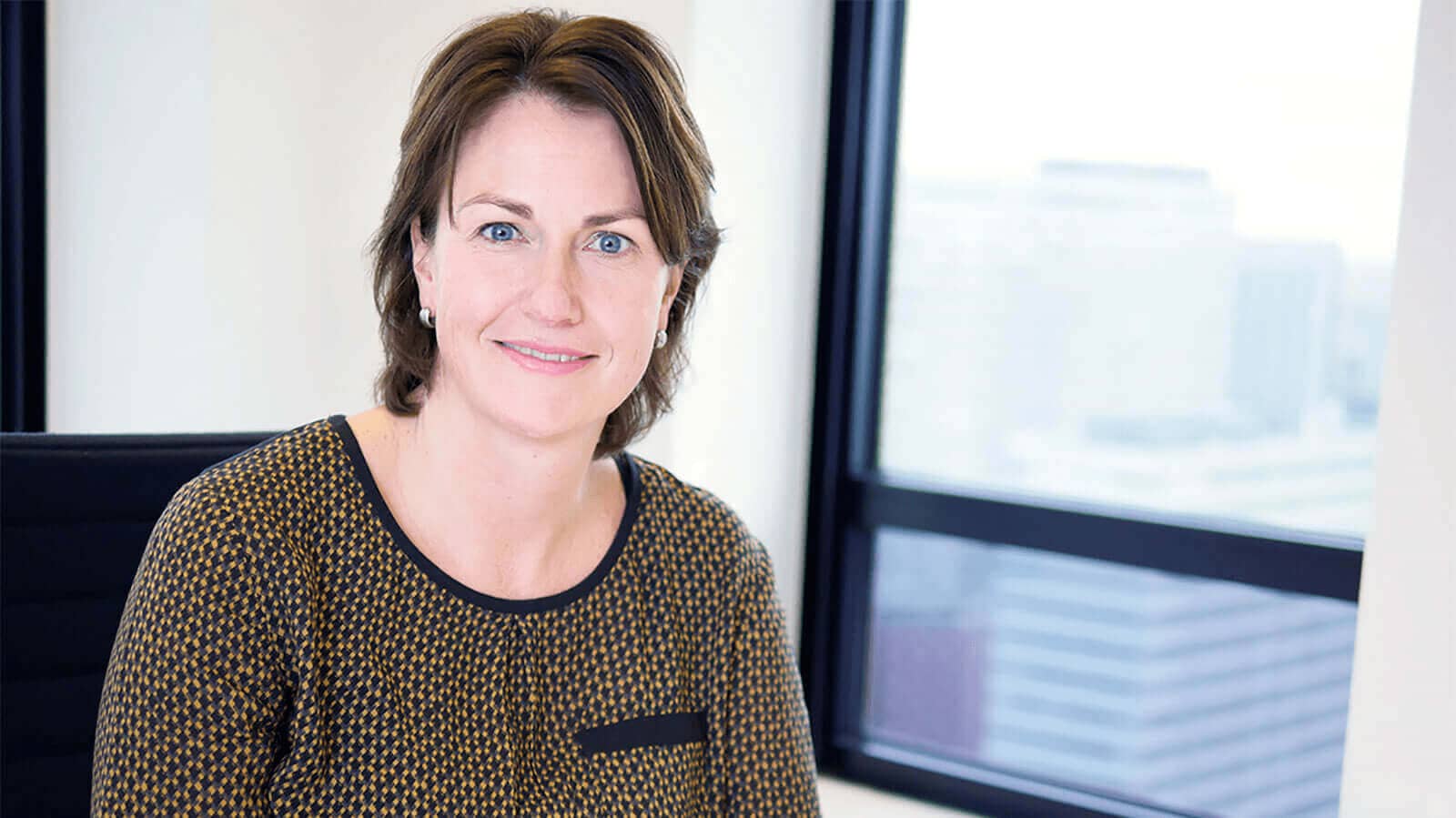“You can change the university culture in 20 years” – How a historical Korean university transformed from a teaching school to a global research university (Part 2)
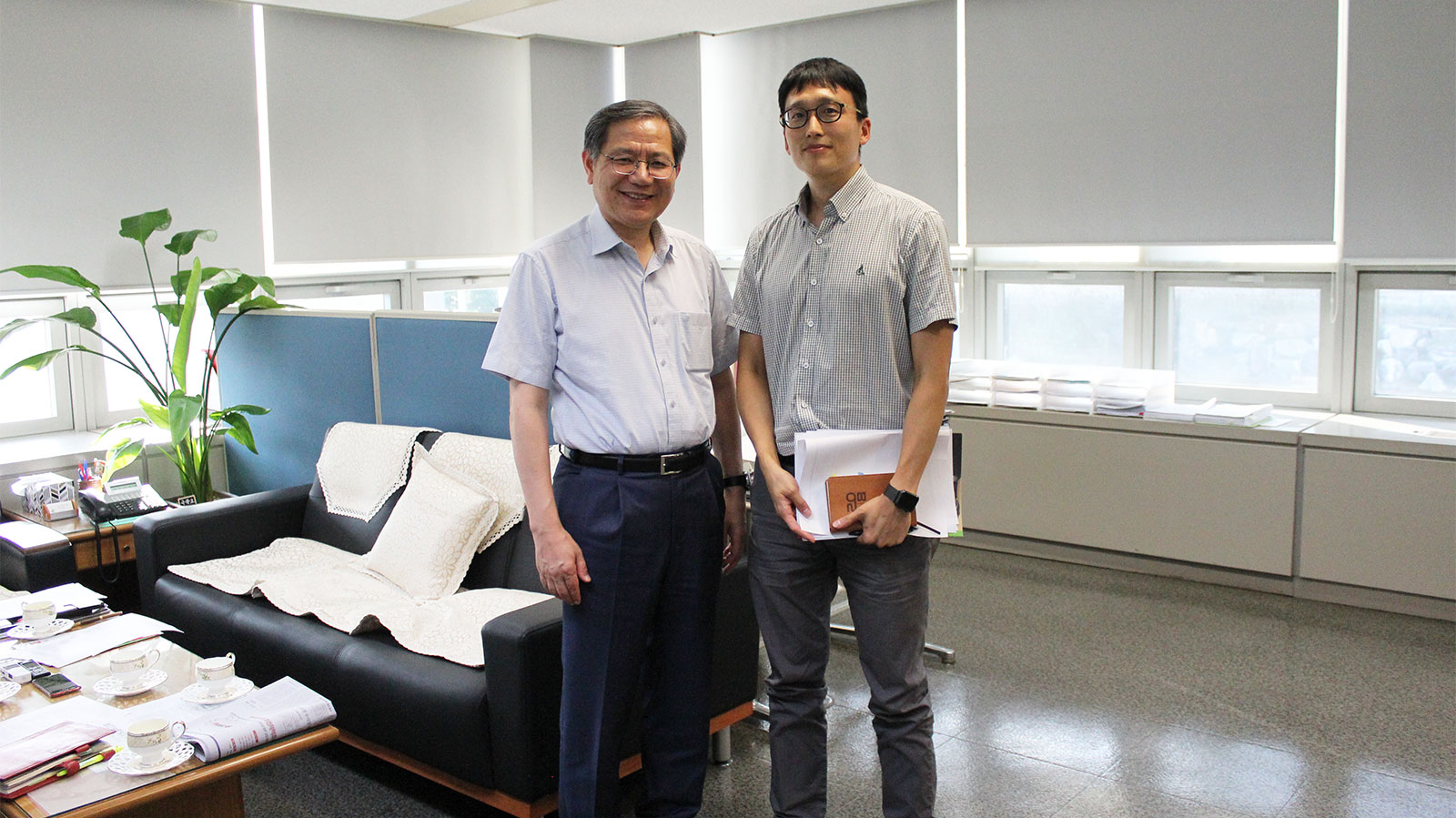
Sungkyunkwan University (SKKU) has a long history. Founded in 1398, it is one of the oldest private universities in South Korea. In 1998, SKKU drafted its first plan called Vision 2010. To transform SKKU from a teaching school to a global research university, they secured continuous funding through a partnership with Samsung. They also actively hire professors who are engaged in global research and have established a holistic research environment to attract outstanding researchers. In 2011, SKKU introduced Vision 2020 and set a goal of coming among the top 50 universities in the world and the top 10 universities in Asia. In this interview with Professor Sungjin Song, Vice-President, Planning and Regulation Division/Professor of Mechanical Engineering and Lim Jaehwan, Section Chief, Office of Strategy, Planning, we tried to understand the secret behind SKKU’s success.
Interviewers: Makoto Yuasa, Ai Kano
Click here for Part 1 of the interview.
Industry–academia collaboration in a win-win situation
Makoto How much importance does Sungkyunkwan University give industry–academia collaboration?
Dr. Song We established SAINT with Samsung. We also started the Graphene Research Center together. Our faculty members know that we have an industry partner, and we keep inviting global companies to our campus. For example, BASF, which is the world’s number one chemical company, has its research center in our campus. BASF was really interested in OLED (organic light-emitting diode) technology. Some of our faculty members are very strong in that area. They visited us to explore the possibility of collaboration. We realized the importance of university–industry collaboration, so we struck a very attractive deal.
We now have some 50 technology and techbiz startups in our campus. Our campus houses the research center for Samsung, Siemens, SABIC (the number 3 chemical company), Kaneka, LS Mtron, and some mid-sized companies. We operated the so-called Business Incubating Center for more than 15 years. Right now, we don’t have space. Other companies are on a waiting list.
Ai What kind of support do you lend the research center for the bigger companies?
Dr. Song Usually, for big companies, they lead the project and we offer support, but for small companies, our professors lead the project and the companies offer support. The professors have incentives in the form of funding benefit and publications.
Makoto Do universities in South Korea proactively reach out to you?
Dr. Song All universities are competing, so everybody wants to invite prolific professors. As I mentioned, some 20 years ago, Sungkyunkwan University was a teaching school and today it’s a research university. We’re now aiming to become an entrepreneurial university, which uses the university’s research and education resources to create values for the economy and society. But it’s difficult for the university alone to achieve this. We need to have industry partners.
Time is of the essence. The lead time from the lab to the market is decreasing, so we need to work together. The norm is for the university to complete its research and then hand over the IP to the industry so that they can start their business. But that’s a long process. A good example of a model to follow is the interrelationship between the number one entrepreneurial university, Stanford, and the entrepreneurial ecosystem offered by Silicon Valley.
Bringing about change in culture
Makoto Apart from Samsung’s funding, what is helping you get a lot of industry income?
Dr. Song The culture. Our faculty members have a strong collaboration with the company. Changing the culture of the university is easy because professors work for an average of only 30 years. But if you don’t do anything, the culture will not change.
Makoto I understand that culture is already established. But if there are people who want to do research for a new start, not for the industry, is it difficult for the university to influence them?
Dr. Song They are professors, so they don’t care. But as I mentioned, collaboration is a buzzword within Sungkyunkwan University and in the Korean industry. The government started encouraging industry–university collaboration in around 2000 to harness the university’s manpower for the industry.
In Korea, those who have the research capability at the global level want to be professors. Over 80% of people who meet this criterion are at universities, while the industry is lacking in this talent. So universities try to incentivize researchers and promote industry–university collaboration. In about 2006 or 2007, Samsung and LG made it big. After that, researchers from around the world flocked to them.
Makoto International outlook has also improved significantly. Sungkyunkwan University offers joint degree programs with more than 30 universities worldwide, including MIT and Peking University, and you hosted the QS-APPLE event in 2012. I saw a poster for International Summer Semester, which targets foreign students. We felt these helped Sungkyunkwan University improve its international outlook score. Can you take us through these and other initiatives?
Dr. Song Our vision is to be a truly global leading university. International outlook is very important for us to be a global university. We left no stone unturned. Right now, we are inviting faculty members who have a global profile and network. Globalization and international collaboration are important characteristics of our university. We are planning other initiatives, but the direction is going to be different. We are looking towards Russia, India, and Africa.
Close collaboration between PR and Planning teams
Makoto We found your English website very user friendly for foreign visitors like us. It has a lot of engaging content such as research stories and a web magazine, and many press releases that you have distributed in English on a regular basis. Which department handles this?
Dr. Song It’s the PR team. They work 27×7. We also have an in-house newsletter called the Sungkyunkwan Times, for which we have dedicated reporters and a team. The PR department provides them with the support they need. The students have complete autonomy to drive this. The university just gives them a platform.
Ai How do you position PR and promotions as a strategy of the university?
Dr. Song We try to advertise our very good research and create a strong brand image. If we want to be a global leading university, the PR department needs to work very closely with the planning department.
Makoto Do you offer researchers support for English writing, research promotion, etc.?
Dr. Song Yes, if they ask for support, we try to provide it within our means. We have limited resources in the PR team.
Lim Chae Hwan Professors are involved at every step and everyone knows that PR is important, so they carry out PR activities themselves and the PR team provides support.
Ai What’s the goal of the activities carried out by the PR department?
Dr. Song They try to find good stories, especially professor’s research and student’s success, and famous alumni. Unfortunately they are too tied up to handle everything from local TV coverage to newspapers and social media.
University ranking does not say everything about the university
Makoto Do you have any views on how your university is doing compared to most Korean and Japanese universities?
Dr. Song To me, university ranking is really important, but I believe that university ranking does not say everything about the university. For example, Japanese university ranking is not as high as we expected but that doesn’t mean that Japanese universities are losing their sheen. The only issue is that the criteria for that evaluation do not capture what Japanese universities are doing.
We have more than five university ranking agencies worldwide and they have different criteria. The most common university ranking right now is the so-called research university ranking. But, as I mentioned, there is a trend towards entrepreneurial universities and different criteria are needed for their ranking.
The most important focus for universities is education and that’s what the ranking of Japanese universities reflects. They are prioritizing what they think is going to be important for the future. They don’t care about the current ranking system. But for Chinese universities, global exposure is very important. They want to be known to the worldwide community, so they care about the university ranking.
Also, the Chinese government invests a lot in their universities. I believe that our university’s rank is going to improve, but it’s not easy. The rank of Korean universities is going to stay stagnant for a while due to the large investment in Chinese universities. But the important thing is that our university has more than 600 years of history. What we are doing is quite unique. We want to keep our values, but that doesn’t mean that we don’t care about university ranking. We also want to work together with our global partners and for this university ranking is important. Even though the university rank does not fully represent the university’s capability, the ranking agencies keep changing their criteria to factor in the needs of the society, so the ranking itself has its own meaning.
Ai Do the aims of being in the top 50 and becoming an entrepreneurial university conflict with each other?
Dr. Song Actually, the ranking of entrepreneurial universities and research universities is the same. The number one entrepreneurial university is Stanford, which is always in the top 5.
Makoto Does your university face any challenge right now or is there any big project you have in mind which, again, may help improve the rank?
Dr. Song Sungkyunkwan University tries to make every effort to be the global leading university in terms of research. But the students are the number one priority, so we are making efforts to emphasize the success of our students. That doesn’t mean we don’t do research, but when we do, we are going to think about our students. We are not going to conduct research to create a highly cited paper. We will do it to make our students become the next-generation researcher. We are going to engage in industry–university collaboration not for the industry income but to nurture the CTO and CEO of the next generation. We need to nurture talented people who can drive changes. That’s what a truly global leading university does.
Executive Vice President Dean of SKKU Institute for Convergence Professor, Mechanical Engineering
Sungkyunkwan University (SKKU) Suwon, KoreaProfessor Sung-Jin Song received a B.S. degree in Mechanical Engineering from Seoul National University, Seoul, Korea in 1981, a M.S. degree in Mechanical Engineering from Korea Advanced Institute of Science and Technology (KAIST) in 1983, and a Ph.D in Engineering Mechanics from Iowa State University, Ames, Iowa, USA in 1991. He has worked at Daewoo Heavy Industries, Ltd., Inchoen, Korea for 5 years from 1983. He has worked at Chosun University, Gwangju, Korea as Assistant Professor for 5 years from 1993. Since 1998 he has been at Sungkyunkwan University, Suwon, Korea and is currently Professor of Mechanical Engineering.Currently, He is serving as Executive Vice President and Dean of SKKU Institute for Convergence, Sungkyunkwan University. He has served as Vice President for Planning & Budgeting, Dean of College of Engineering, Director of Center for Innovative Engineering Education, and Director of Sungkyunkwan University Hub Center for Innovative Engineering Education, Sungkyunkwan University. He has also served as the Founding President of Korea Association for Innovative Engineering Education and Vice President of Korean Society for Engineering Education.




